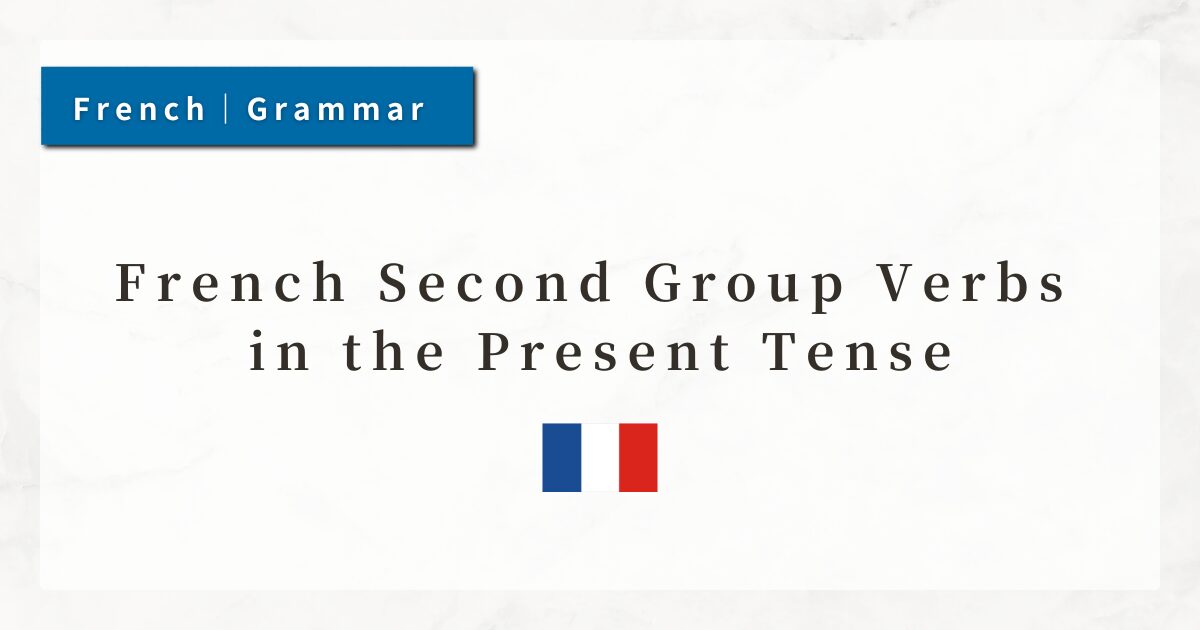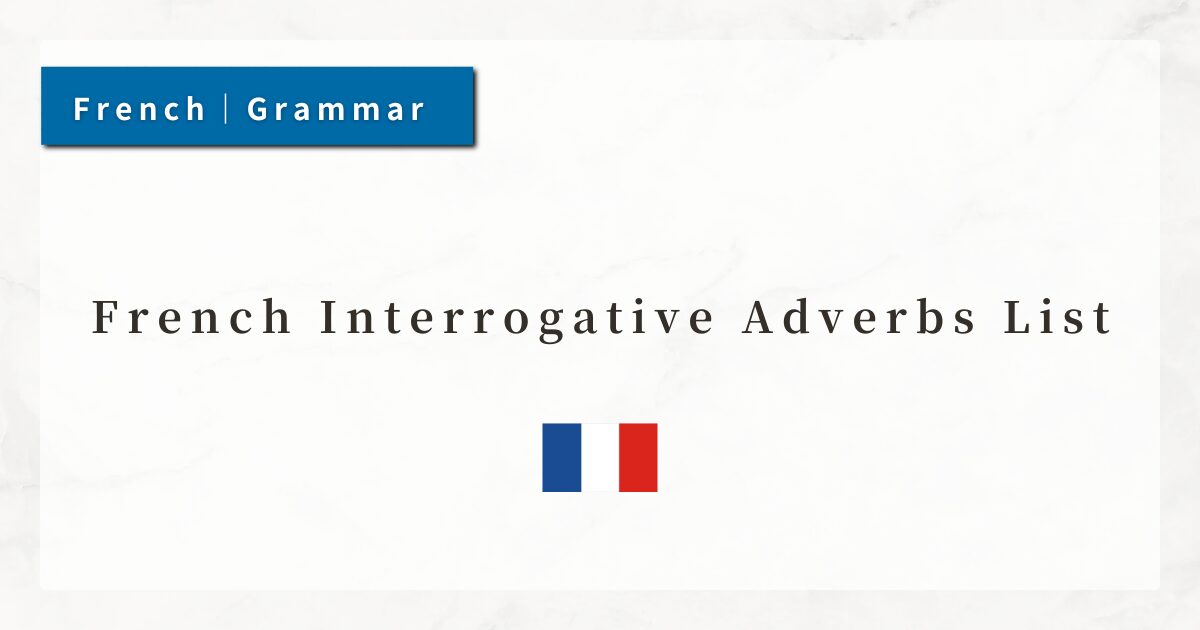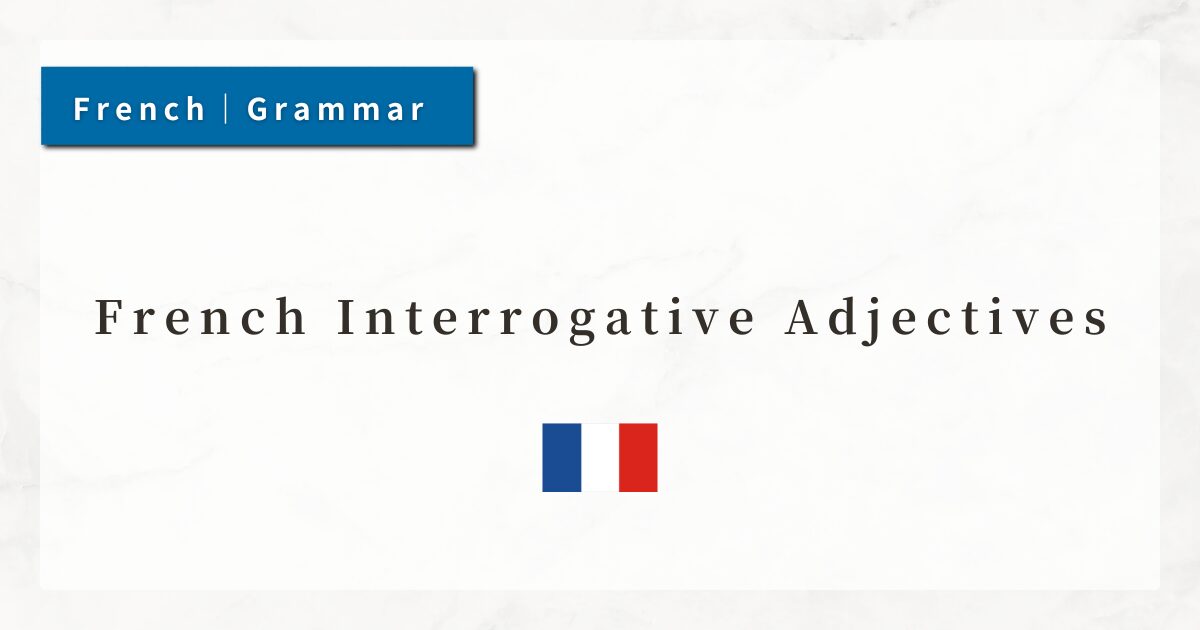#22 French Second Group Verbs in the Present Tense | Conjugation Table and Usage

One of the main features of French verbs is conjugation, where the verb form changes depending on the subject.
French verbs are classified into three major groups according to the regularity of their conjugations. Among them, the second group (regular verbs ending in -ir) follows one of the most basic and systematic patterns.
In this lesson, I will explain the present tense conjugation and usage of second-group regular verbs.
1. What Are Second-Group Regular Verbs?
Second-group regular verbs are verbs whose infinitive ends in -ir and which follow a fixed conjugation pattern in the present tense.
- The infinitive ends in -ir (e.g., finir, choisir).
- Endings follow a consistent and predictable pattern.
- The present tense is formed by combining the “stem + ending” depending on the subject
However, not all verbs ending in -ir belong to the second group. Only those verbs that follow the regular conjugation pattern in the present tense are classified as second-group verbs.
- finir (to finish) → finis, finis, finit…
→ second group - partir (to leave) → pars, pars, part… (irregular)
→ third group
Thus, it is important to remember that verb grouping depends not only on the infinitive form but also on the conjugation pattern.
2. Conjugation Pattern of Second-Group Regular Verbs
Second-group verbs conjugate according to the pattern “stem + ending”. The stem is obtained by removing -ir from the infinitive.
For example, the verb finir (“to finish”) conjugates in the present tense as follows:
| Subject | Conjugated Form | Ending |
|---|---|---|
| je | finis | -is |
| tu | finis | -is |
| il / elle / on | finit | -it |
| nous | finissons | -issons |
| vous | finissez | -issez |
| ils / elles | finissent | -issent |
Unlike English, where only the third-person singular changes with -s, French verbs change endings for every subject.
However, once you memorize the endings, you can apply the same pattern to all second-group verbs.
3. Common Second-Group Regular Verbs
| Verb | Meaning | Example Sentence |
|---|---|---|
| finir | to finish, to end | Je finis mes devoirs. (I finish my homework.) |
| choisir | to choose | Elle choisit un plat. (She chooses a dish.) |
| réussir | to succeed, to pass | Tu réussis à l’examen. (You pass the exam.) |
| grandir | to grow, to grow up | Nous grandissons vite. (We grow quickly.) |
| réfléchir | to reflect, to think | Il réfléchit à la question. (He thinks about the question.) |
These verbs are frequently used in daily life, studies, and conversations.
In particular, finir, choisir, and réussir are very common verbs that express actions and decisions, and they appear often in everyday French.
4. Summary
- Second-group regular verbs end in -ir and follow a consistent conjugation pattern.
- Present tense conjugation consists of “stem + ending”. The endings are -is, -is, -it, -issons, -issez, -issent.
- Second-group verbs are relatively easy to learn and include many practical and frequently used words.




